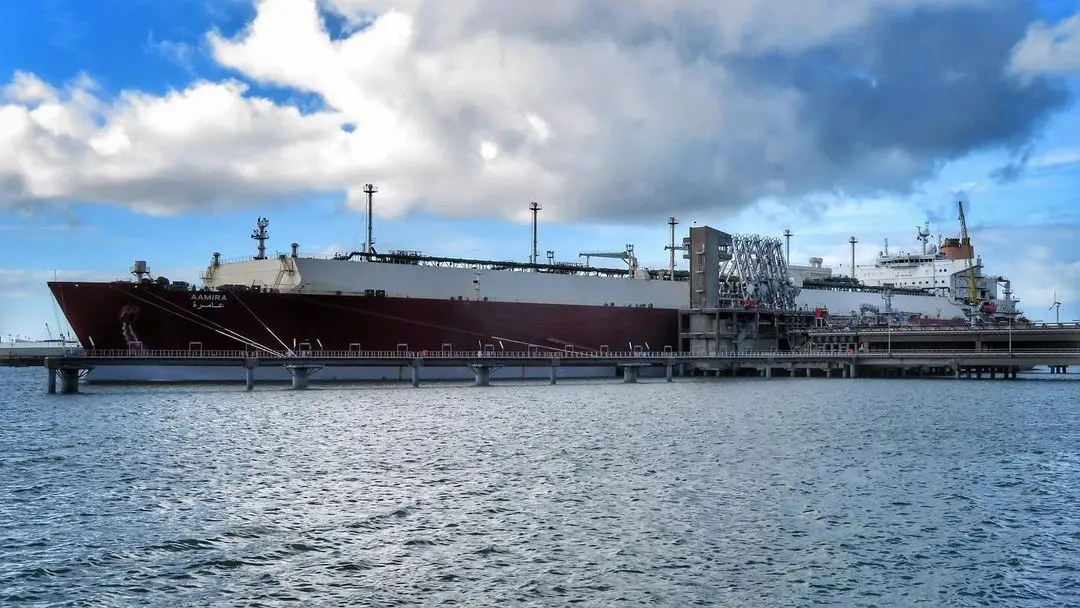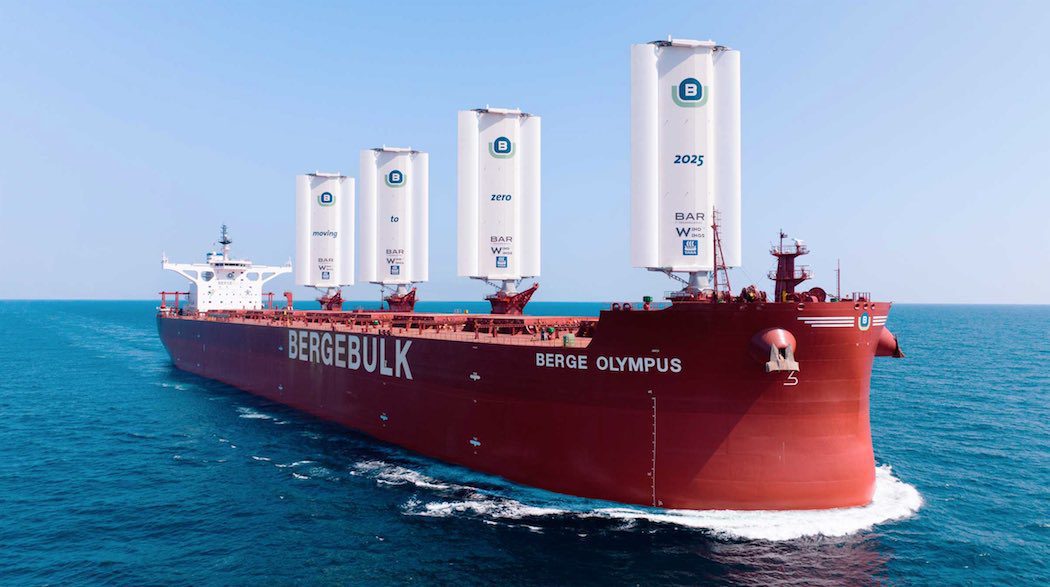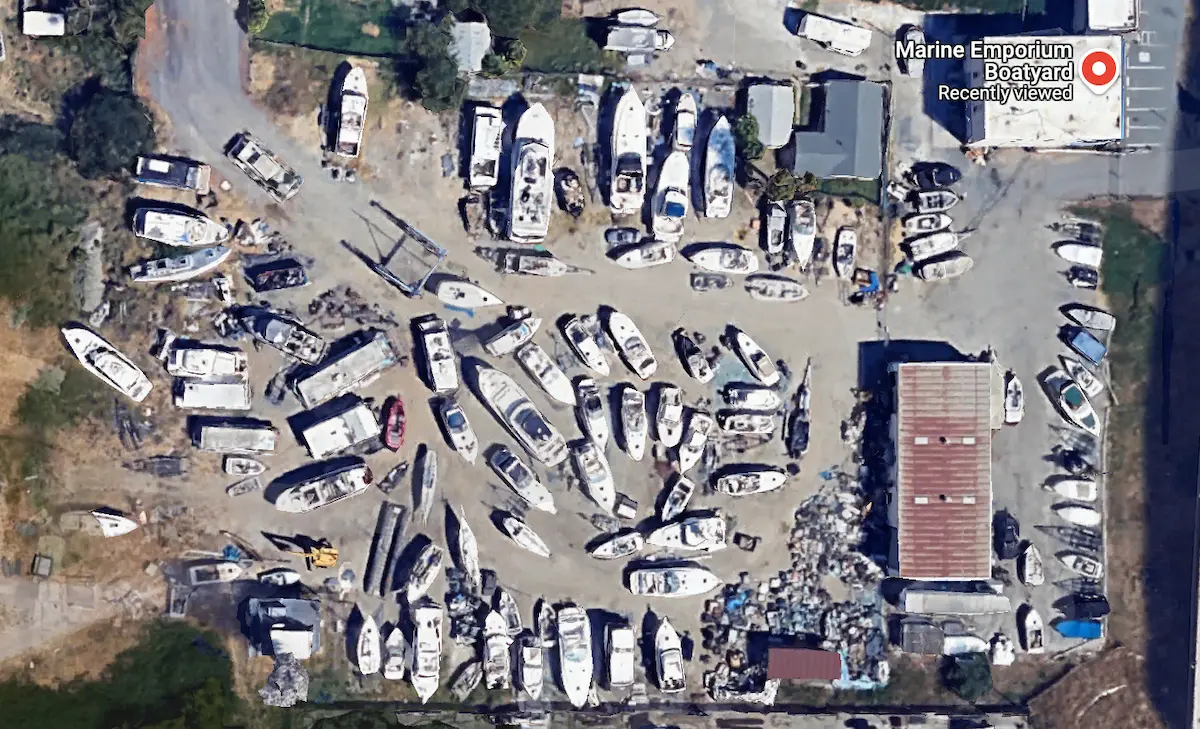Artificial intelligence is perhaps the most important technology for the global economy’s future. It enables humans to automate or perfect every step of the supply chain, including overseas trade. What specific impacts will AI have on the role of workers in the maritime industry?
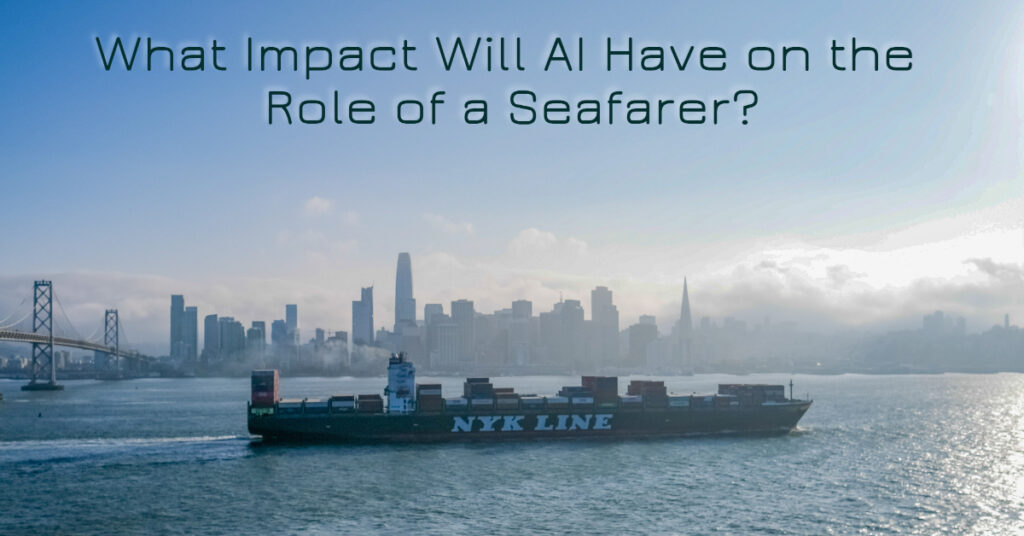
Automation and Optimization
AI’s main purpose in most applications is to supplement human labor or gather insights to help human laborers improve their productivity. In both cases, the software adapts to its surroundings by running data through intelligent processing algorithms and learning specific patterns.
As it absorbs more data, it completes its assigned tasks with greater speed and precision. From the maritime industry’s perspective, AI can revolutionize overseas journeys in several major ways.
Automated Cargo Transports
The greatest advancement that AI brings to the table is self-driving vessels. While auto manufacturers have struggled to create fully independent cars, cargo vessels can already travel 500 miles with AI controlling the reins. Orca AI is the software developer leading the charge, partnering with Japanese shipping company NYK Line in 2022.
The most successful voyage to date took place on the Suzaka — a 749-gross ton cargo ship that traveled from Tokyo Bay to Ise Bay in Japan. Orca AI installed an onboard safety system and dozens of sensors around the ship, which allowed it to navigate a highly congested waterway in just 40 hours. It performed 107 collision avoidance maneuvers without any human intervention. Although the Suzaka made the journey without help, human crew members were still on board to do manual labor and monitor the safety system.
Another vessel has finished its maiden voyage without any crew members — the Yara Birkeland. This Norwegian cargo ship is the first fully electric and autonomous vessel to complete a journey on its own.
In the place of human deckhands, the Yara Birkeland used automatic mooring arms to load and unload cargo. Radar, infrared cameras and dynamic positioning systems took care of the navigation. The ship also had a remote operation system through a cloud-based platform, allowing humans to take control from the shore if necessary.
Autonomous cargo ships might take over the maritime industry in the near future, but human crew members are still invaluable. AI-powered machines can’t replicate the unique skill sets of every employee, and tasks like cargo handling and ship maintenance will always require a human presence.
Predictive Maintenance
Speaking of maintenance, AI will significantly help crew members keep ships in good shape. Predictive maintenance software constantly analyzes equipment, detecting uncharacteristic changes in operation that might signal a malfunction. After noticing a potential defect, it immediately alerts the crew to perform an inspection or make specific repairs.
This technology is the most beneficial before the journey even begins. Rather than unknowingly operating a damaged vessel, the crew can make proactive repairs or install replacements while still in port. Ship maintenance is much easier on land than on the open sea halfway through a long voyage.
Thanks to predictive maintenance, shipping companies can keep their fleets at total capacity and complete more voyages without damage-related delays. They can also minimize each ship’s fuel consumption by keeping the engine, propellers and other essential equipment in prime working condition.
Route Optimization
The third major improvement AI brings to the maritime industry is route optimization. Many factors can influence a commercial ship’s course, including its size, the cargo onboard, port traffic, weather conditions and travel restrictions. AI route planning software considers all these factors and helps ship navigators determine the best route.
This type of software is especially useful for international shipping, which often takes several weeks. It’s impossible for humans to determine the most optimal route for these long voyages without error, but AI can. Route optimization leads to less downtime and operational costs on each trip, saving shipping companies precious time and resources.
Workplace Safety Improvements
AI will also make the job of a seafarer much safer through a few key improvements. The cameras and sensors on automated vessels help with obstacle detection and collision avoidance, which brings the chance of an accident down to almost zero. Predictive maintenance also improves the ship’s safety by preventing malfunctions.
Another important addition to the average ship will be AI-assisted crew management systems, which automatically allocate daily tasks to people based on their skill sets and how many hours they’ve worked. This technology ensures a fair scheduling process and puts employees in the safest positions to succeed.
Deckhands can even wear clothing and equipment with AI software to monitor their fatigue levels, heart rate, blood pressure and other vital signs. These insights prevent them from overworking, injuring themselves or damaging the ship. They also help the ship’s captain follow work-hour regulations and give everyone a balanced workload.
Removing human error from the ship’s navigation will prevent collisions and cargo damage, while removing human error from crew management will help employees stay healthy and productive. These improvements can make international shipping more safe, efficient and profitable.
Seafarer Skill Development
Some shipping professionals are worried AI will automate everything and completely replace human workers, but the opposite is more likely. AI can help seafarers develop their skills and become more valuable team members, improving their job security and enabling faster career advancement.
AI is the technology behind virtual and augmented reality, which many industries are using to create realistic training simulations for new employees. Shipping companies can create three-dimensional environments where crew members learn how to handle real-life scenarios, specifically vessel malfunctions and other emergencies that require fast crisis management.
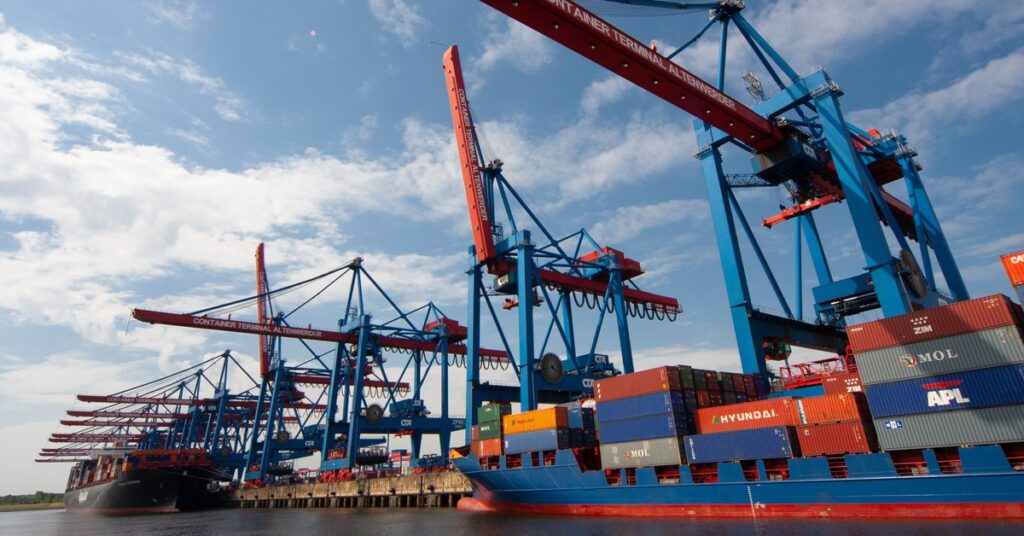
VR and AR training can also help ship engineers keep their technical skills up to date as vessel technology advances. Cargo ships are constantly adopting new design features such as rotor sails and boxship hull structures. Instead of getting replaced by automated machines or newly trained workers, established professionals can keep improving.
AI even helps shipping companies do competence and compliance checks, providing a detached evaluation of each employee’s performance. It doesn’t play favorites or discriminate against certain groups. It simply analyzes the available data and determines whether the employee is satisfactory or has room for improvement.
Based on these insights, crew leaders can create personalized training programs that help seafarers address their weaknesses. Rather than putting employees through the same regimen, shipping companies can encourage an ongoing learning culture by adjusting their plans for each individual.
Improving International Relations
Experienced seafarers know international shipments are usually the most difficult, not simply because the voyages are longer. When a ship travels halfway across the world to another country, linguistic and cultural differences make communication almost challenging. AI’s natural language processing (NLP) tool offers a perfect solution.
Shipping companies can use NLP to translate languages, recognize speech from recorded messages and summarize long order transcripts. It creates a one-stop communication platform for countries worldwide to interact and trade with each other seamlessly. Overseas shipping has never been easier.
Legal and Ethical Challenges
Although AI can bring many benefits to the maritime industry, seafarers have some legal and ethical challenges to consider. Data security is the biggest concern. Giving all the ship’s sensitive information — including personal info about the employees — to AI software creates the opportunity for a debilitating cyber attack.
The other major ethical concern with AI is determining the balance between machine autonomy and human intervention. The concept of fully autonomous cargo ships sounds appealing, but do shipping companies want to give that much power to one technology? Who claims responsibility if it malfunctions and causes an accident?
From the average seafarer’s perspective, automated machinery could be the biggest threat to their job security. More AI integration creates more opportunities to replace human workers with robots. AI and humans might be able to work alongside each other for now, but what happens when everything becomes automated?
Shipping companies must not become too reliant on AI technology for the sake of their employees and the maritime industry as a whole. It can automate and optimize many things, but it’s not the ultimate solution to inefficiencies. Rather, it’s a complementary tool that works best when operated by humans, for humans.
AI and Seafarers Can Work Together
Artificial intelligence is so powerful because it removes human error from complex tasks and can even perform them independently. This ability has led to better route planning, ship maintenance, crew safety, employee training and even fully autonomous vessels.
The concerns about AI taking over seafaring jobs are understandable, but humans and robots can work together. Companies just need to use their automated tools responsibly and continue to support their employees as the industry evolves. Humans should always be the top priority in any business.
Frequently Asked Questions
How does artificial intelligence work?
Artificial intelligence exists within a software, continuously gathering data from its surroundings and improving its functionality based on its analysis. Humans can feed AI specific datasets to make it better at particular tasks.
Can AI drive a cargo ship by itself?
Yes, AI can drive a cargo ship without human intervention. Several successful long-term voyages have already happened. The vessels use infrared cameras, sensors. and dynamic positioning systems to navigate the water and avoid collisions.
How does AI improve ship operations?
AI improves ship operations in many ways. It can determine the most optimal route for each journey, make maintenance decisions, monitor workplace safety and take over mundane tasks like daily scheduling. Humans still occupy the key positions on the ship, but AI acts as the perfect assistant.
Does AI make seafarers better at their jobs?
Aside from improving the ship’s operational efficiency, AI makes seafarers better at their jobs by providing advanced training opportunities. Virtual and augmented reality creates three-dimensional simulations of physical events where people can develop their skills and test their decision making in crises.
Is AI going to take people’s jobs in the maritime industry?
No, AI is not going to take people’s jobs. Automated machinery could replace humans in certain positions, but cargo ships will always need a strong human presence. There are far too many independent variables and moving parts onboard to delegate everything to robots. Humans will always have a place in the maritime industry.
- The 15 Most Exciting New Ships of 2025 – January 6, 2025
- How Old Do You Have to Be to Drive a Boat? – November 12, 2024
- The Engineering Behind Ice-Class Vessels – September 20, 2024

